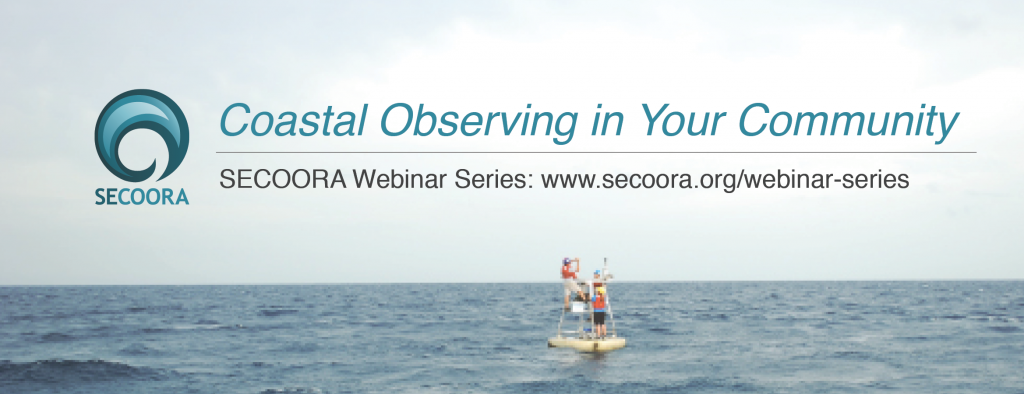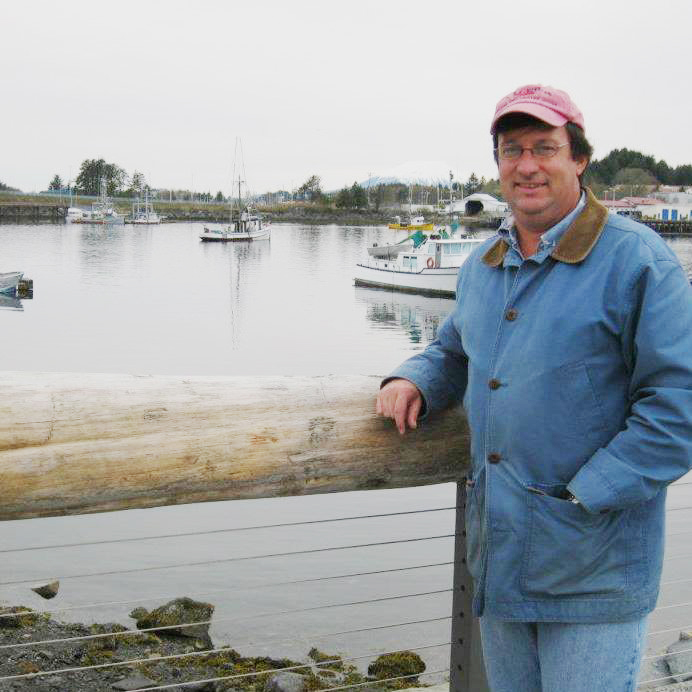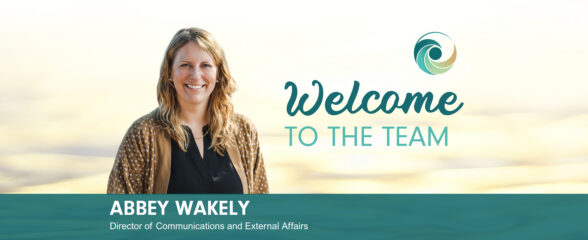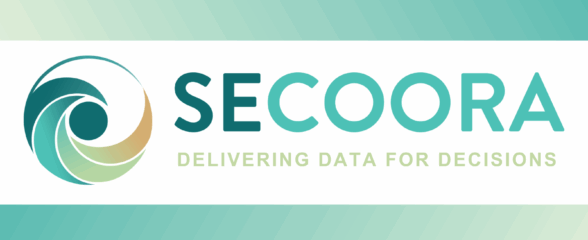
Join us for a free webinar on April 23 at 12 PM to learn about NOAA’s Phytoplankton Monitoring Network. It is a citizen science program in which volunteers are trained to look for the presence of organisms that could potentially cause a harmful algal bloom. Reserve your spot by clicking here.
Date: Tuesday, April 23, 2019
Time: 12:00 – 1:00 PM
Download and share the flyer here.
Abstract
Harmful Algal Blooms (HABs) have become more prominent in the public’s eye, as increases in the frequency and duration of HAB events have made national news. These HAB events, whether they are caused by freshwater or coastal organisms, are a trend that need regular monitoring to better predict where, when and potentially why they may occur so that their harmful effects, like fish and marine animal mortalities as well as human illnesses, can be better prevented and mitigated.
NOAA’s Phytoplankton Monitoring Network is a citizen science volunteer based program in which volunteers are trained to look for the presence of organisms that could potentially cause a harmful algal bloom.
This presentation will touch on methods used for training new volunteers, including smartphone applications, storyboards, digital microscopes, and advanced flow cytometry as well as how volunteer generated data are used by scientists to develop and refine new models of prediction for HABs and climate change.
Presenter

Steve Morton received his B.S and M.S. from Florida Institute of Technology in Biological Oceanography and his Ph.D. in Plant Biology from Southern Illinois University. He is currently a Research Oceanographer with the National Oceanic and Atmospheric Administration (NOAA) Harmful Algal Bloom Monitoring and Reference Branch. During his career, he has authored over 120 per reviewed manuscripts, serves on the editorial boards of three international journals, and serves as a technical expert for the United Nation’s International Atomic Energy Agency. Steve recently co-edited “Harmful Algal Blooms: A Compendium Desk Reference” published by Wiley-Blackwell press. Dr. Morton has been awarded the NOAA Administrator’s Award in 2016, the United States Department of Commence Bronze Award in Research in 2007, 2008 and 2015 and the United States Vice President’s Hammer Award in 2000.
Related news

Abbey Wakely Joins SECOORA as Director of Communications and External Affairs
SECOORA welcomes Abbey Wakely as their new Director of Communications and External Affairs, where she will lead strategic engagement, communications, and external relations to strengthen the organization’s regional impact.

SECOORA Request for Proposals for a Data System Development, Operations, and Maintenance Service Provider
SECOORA seeks a Data System Development, Operations, and Maintenance (DMAC) service provider to act as a strategic partner while maintaining the current SECOORA Data System. Proposals are due to SECOORA by 5:00 PM ET, March 31, 2026.

Plankton Perfect: Using Imagery to Document Microscopic Marine Life
Dr. Enrique Montes is working to understand how plankton respond to changes in the ocean by capturing high resolution imagery with advanced technology. This work is funded by the Marine Biodiversity Observation Network (MBON) to use novel techniques like the Continuous Particle Imaging and Classification System (CPICS).